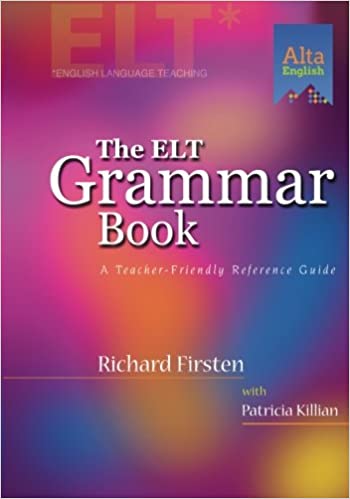A while back, I wrote a post called The Amazing ‘The’. In a numbered list of six rules, this post covered all of the rules for using “the” in the English language. …. Or so I thought. In the year since I wrote that post, many students have asked me questions about Rule # 5. In my original post, rule five basically states that “the” appears before any proper noun that describes a location, provided the following is true:
A. The location has two or more words in its name
B. One of the words would be a common noun if it were used alone
Examples of names that follow this rule include the United States, the Rocky Mountains, the Great Salt Lake, and the University of Dubai.
In my original post, I gave two exceptions to this rule… at first. Then, in the comments, a student pointed out that two exceptions wasn’t enough. I replied to his comment by giving a third exception.
Since then, a lot of other students have contacted me directly to complain that even three exceptions aren’t enough. As students continue to ask me about Rule 5 of “The Amazing The,” I’ve realized the rule actually has many, MANY exceptions. I’ve also realized—to my embarrassment—that I REALLY didn’t explain rule five properly. So in this post, we’re going to revisit the rules for “the” and nouns of location. Read on for some much-needed additional explanation.
The exceptions to Rule 5 can be grouped into several categories. Let’s look them over:
Exceptions for geographic features
- Geographic locations where land meets water: The names of costal locations such as beaches, bays, and harbors do not have “the” before them, even if they otherwise meet criteria (A) and (B) for Rule 5.
- EX: Byron Bay, Pearl Harbor, Virginia Beach
- Lakes, where lake is the first word in the name
- EX: Lake Baikal, Lake Michigan
- Smaller bodies of water that are not geographically significant: This includes creeks and brooks (very small rivers), waterfalls, and ponds (very small lakes).
- EX: Otter Creek, Stony Brook, Niagara Falls, Green Pond
- Individual mountains (not groups of mountains or mountain ranges)
- EX: Mount Kilimanjaro (in Tanzania), Witch Mountain (from fictional movie Escape From Witch Mountain), Castle Peak (in Colorado, USA)
Exceptions for cities, towns, and locations within cities and towns
- Places with the word “city” or “town” in them: It’s common for communities to have the word town or city in their English names. But the official names of these communities will never start with “the.”
- EX: New York City, Frog Town (a district in Minneapolis, USA)
- Cities or towns with other common nouns in their names: Generally, a city or town’s official name will never start with “the,” even if the name satisfies the requirements for rule 5.
- EX: Elk River (a city in Minnesota), Idaho Springs (Colorado), Apple Valley (California)
- Neighborhoods: names of neighborhoods that contain common nouns will not generally have “the” in them.
- EX: Big Oaks (neighborhood in Chicago), West End (neighborhood in Boston)
- Special note: neighborhoods with the words “side” or “district” in them will still follow the rule and have “the.” Examples include the Mission District in San Francisco, and the East Side Hill, the neighborhood I grew up in in my hometown of Eau Claire, Wisconsin.
- Places that with possessive nouns in the name: Certain location names have a possessive noun in them. This is especially common for restaurants and stores. Often, stores will drop the possessive apostrophe when their name includes a possessive.
- EX: Famous Dave’s Bar-B-Q (American restaurant chain), Michaels Stores (chain of art supply shops in North America), and Our Place (small restaurant chain in Texas)
- Small outdoor spaces: Relatively small outdoor areas will not start with “the.”
- EX: Times Square, Wrigley Field, Central Park
Exceptions for schools and school buildings
- The names of schools: Grade schools and universities alike do not usually have “the,” even if there is a common noun in their names.
- EX: Boyd Elementary School, Anseong Seoun Middle School, Degrassi High School, Harvard University
- Building complex names with “hall” in them: In the English speaking world, many buildings on university campuses have the word “hall” in their names. Because the names of school buildings typically do not include “the,” the names of halls also don’t usually include “the.” This applies even to buildings that aren’t on campuses.
- EX: Chicago City Hall, Towers Hall, Seton Hall
So far, I’ve been focusing on exceptions to Rule 5 that are linked to vocabulary—specific types of words that cause “the” to be dropped from the name of a place. In my next post on this subject, we’ll take a look at how the grammar of a phrase or sentence can affect the use of “the” with nouns of location. Stay tuned, Magooshers!






Leave a Reply